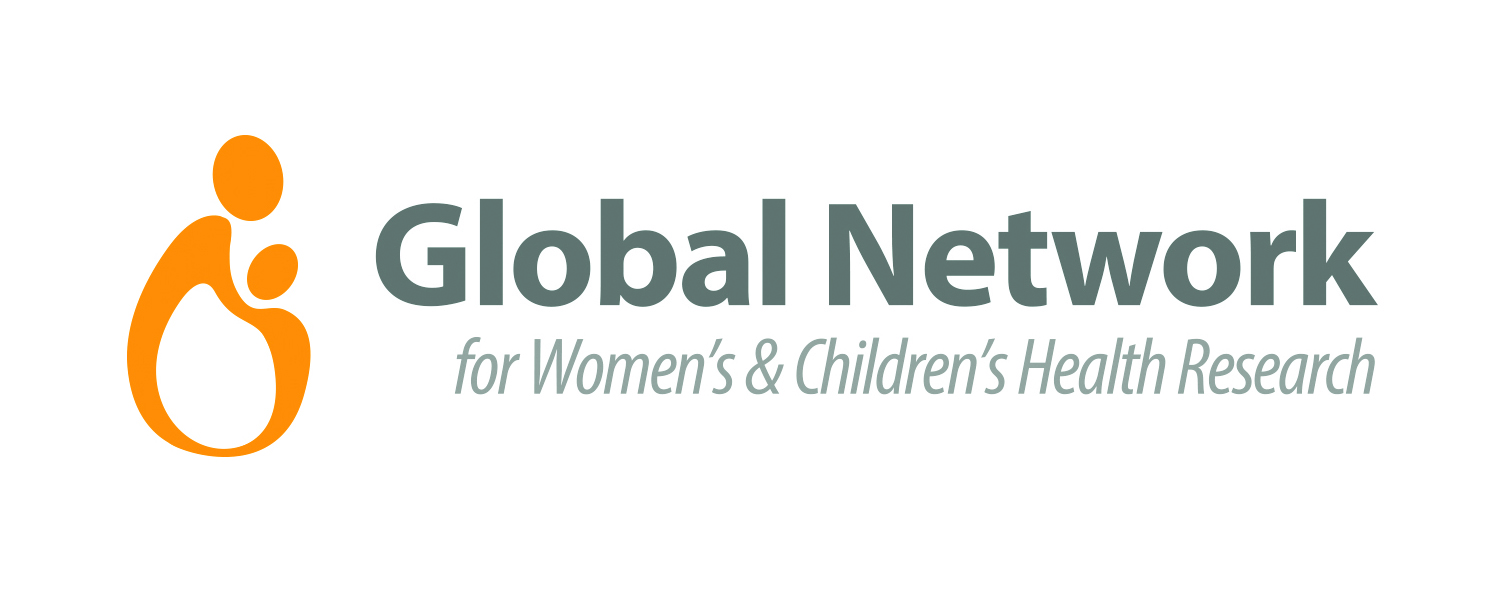Overview
 The Global Network for Women's and Children's Health Research supports and conducts clinical trials in resource-limited countries by pairing foreign and U.S. investigators, with the goal of evaluating low-cost, sustainable interventions to improve maternal and child health and simultaneously building local research capacity and infrastructure. These activities are designed to facilitate independent continuation of local research activities that will ultimately lead to improved healthcare systems and personal health.
The Global Network for Women's and Children's Health Research supports and conducts clinical trials in resource-limited countries by pairing foreign and U.S. investigators, with the goal of evaluating low-cost, sustainable interventions to improve maternal and child health and simultaneously building local research capacity and infrastructure. These activities are designed to facilitate independent continuation of local research activities that will ultimately lead to improved healthcare systems and personal health.
The Global Network began in 2001 as a public-private partnership between NICHD and the Bill & Melinda Gates Foundation. NICHD provides scientific oversight of the Global Network and all its activities through its Pregnancy and Perinatology Branch.
The original Global Network sites were in Belagavi, India; Buenos Aires, Argentina; Guatemala City, Guatemala; Karachi, Pakistan; Kinshasa, Democratic Republic of Congo; and Lusaka, Zambia.
The network includes a Data Coordinating Center (DCC) and several multidisciplinary research units around the world, each comprising a partnership between a research institution in a developing nation and one in the United States. The DCC-maintained website lists the current Global Network locations , including the U.S. principal investigator (PI), the foreign PI, and their institutions.
The National Institute of Dental and Craniofacial Research, National Center for Complementary and Integrative Health, Fogarty International Center, National Cancer Institute, and others—in addition to the Bill & Melinda Gates Foundation—have supported projects or parts of projects conducted by the network.
This effort also helps build partnerships with national, international, and nonprofit organizations, such as the World Health Organization, the U.S. Agency for International Development, and the American Academy of Pediatrics.
In 2022, NICHD initiated a new pre-application process for its multicenter clinical research networks, like the Global Network, to capitalize on existing infrastructure and other resources, and to make those resources available to researchers outside the currently funded sites. Visit the Pre-Application Process for NICHD Multisite Clinical Research page to learn more.
Topic Areas
Network studies focus on community-based, common protocols to address major maternal and newborn health challenges. Studies are conducted at three or more sites to evaluate low-cost, sustainable interventions that improve maternal and child health (MCH), identify trends in MCH mortality over time, and build local research capacity and infrastructure. This unique approach enables the network to identify gaps between science and practice and disseminate research findings to inform local and national health practices.
Each study examines either a novel evidence-based treatment or an innovative use of a proven treatment to improve the health, well-being, and survival of pregnant women and infants. All studies conform to U.S. and international ethical and safety guidelines.
Visit the Global Network website to learn more about current studies and topic areas .
More Information
- Global Network Website
(maintained by the DCC, RTI International)
- NICHD Press Release: Single-dose antibiotic prevents maternal sepsis and death (posted February 9, 2023)
- NICHD Contact: Nahida Chakhtoura

Browse studies and request data for your research.
 BACK TO TOP
BACK TO TOP